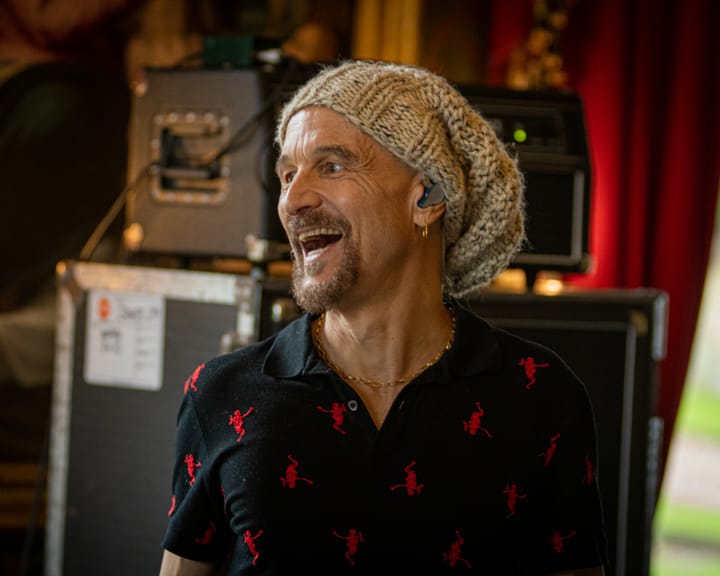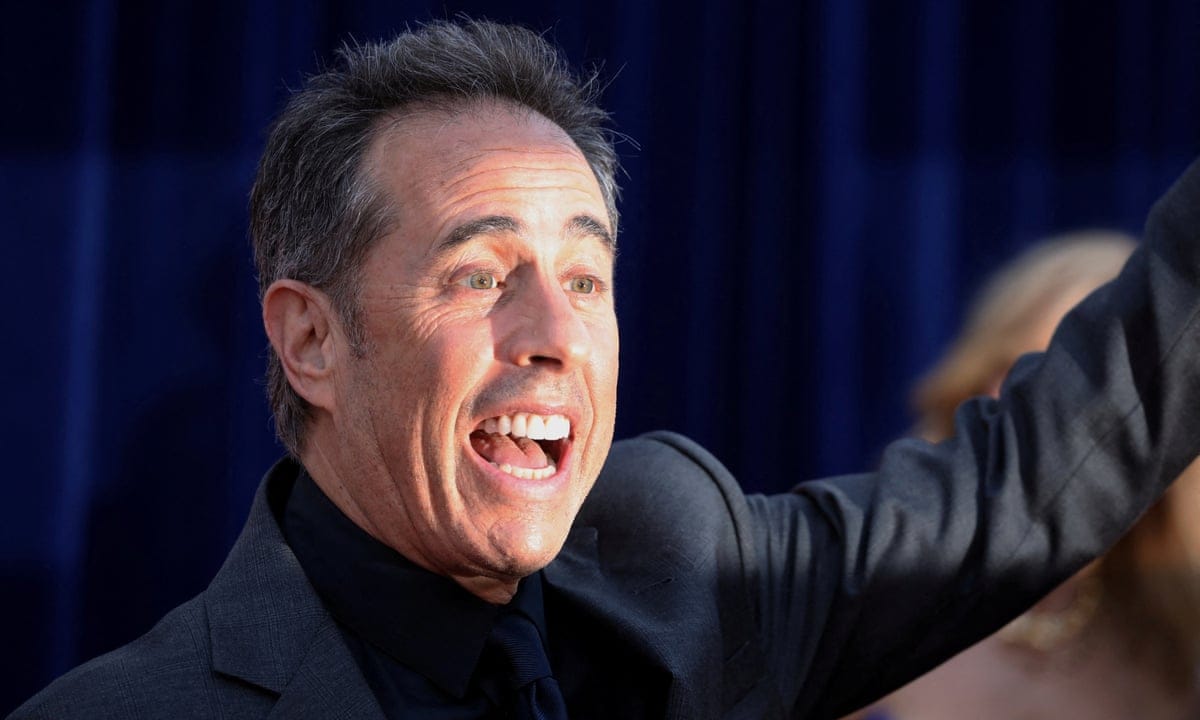Jerry Seinfeld has retracted his earlier statements this year concerning the "extreme left and PC crap," asserting that these elements do not negatively impact comedy. He made these remarks to The New Yorker in April when discussing television's current comedic landscape, which he felt was suffering due to people being overly concerned about offending others instead of seeking humor:
"Nothing significantly affects comedy," the 70-year-old entertainer stated. "People consistently need it and often don’t get ample opportunities these days." He reminisced on previous television shows, wishing for a similar environment where comedic content was more readily available:
"Things like 'Cheers,' 'M*A*S*H,' or even 'All in the Family' used to fill our living rooms with laughter. Today we struggle finding quality humor." Seinfeld suggested that this shift stemmed from an overemphasis on political correctness and excessive worry about causing offense:
"When writing a script, multiple hands often review it for potential issues," he lamented. "This leads to the end of comedy as everyone scrambles trying not to upset anyone." His comments sparked discussion within comedic circles with former cast member Julia Louis-Dreyfus countering that:
"Becoming aware and sensitive about certain subjects isn't inherently negative," she argued. "However, when people start criticizing political correctness—and I understand why they might feel this way — it can be a red flag." She emphasized the importance of being mindful without letting fear suppress comedic expression:
Seinfeld later clarified his position on social media while appearing on Tom Papa’s podcast, acknowledging that he had misjudged and apologizing for inaccurately blaming cultural shifts. He explained with an analogy to skiing competitions where the skier has control over their run:
"Culture indeed evolves," Seinfeld conceded but stressed it's not due to external pressures, asserting that he will maintain his comedic vision while respecting cultural sensitivities. He clarified further by refuting claims about avoiding college performances on the basis of political correctness:
"I frequently perform at colleges," Seinfeld assured him audience member Papa who made this assumption based on others' perceptions, as he continued to clarify his intentions for comedy and social commentary in today’s world. He cited instances where language misuse has been used by younger generations without proper context or understanding:
"Such statements can be harmful," Seinfeld concluded when asked about the impact of these views on comedic expression, reaffirming his belief that comedy is a necessary tool for social commentary and reflection. He emphasized remaining true to one's values while respectfully engaging with cultural shifts:
In summing up their conversation, Seinfeld highlighted how he refuses political correctness as an excuse but will continue making comedic observations in his shows even if the response is mixed or misunderstood. He emphasized maintaining integrity and humor without fear of backlash from societal pressures:
Read next

Worldbreaker review – Luke Evans delivers a warm, bear‑hug performance in a thin sci‑fi survival drama
It may be coincidence, but many recent action films now centre on adult men and their daughters—or female stand‑ins—fighting to survive. The men are portrayed as both hardened combatants and protective fathers who train their girls to fight as fiercely as any man, preparing them for a

Tim Booth admits he made love to Brian Eno’s music by age 18: his candid playlist
The first song I fell in love with
My older sister, Penny, introduced me to Leonard Cohen’s “So Long, Marianne” when I was eight, as if to mark a rite of passage: “Now you’ve heard a true poet.” The track felt like contraband, starkly different from the pop

Tech moguls crave validation—why not simply stop paying attention?
There is a well-known pattern that tracks the initial excitement and frenzy around new technology, followed by a sharp decline when it fails to meet expectations.
This concept, first introduced in 1995 during the dotcom era, now applies to artificial intelligence. Currently, we are at the high point of overblown

